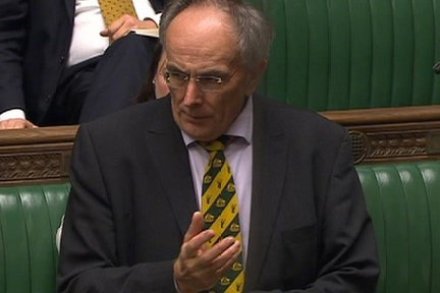Maria Miller’s adviser reminds us why politicians can’t be trusted with press regulation
An email from an Asian friend last night pointed me to a piece in the Telegraph saying: ‘This is the kind of thing they do in Singapore! I’m amazed it’s happening in Britain.’ She was referring to Maria Miller, the Culture Secretary, whose adviser told the Daily Telegraph to be careful about exposing her expenses because the minister now has power over press regulation. The story is here: a classic example of the ‘chilling effect’. As soon as you give these politicians a hint of power over the press, they will abuse it. As Maria Miller’s case has shown, they will abuse it even before they get power. They will




















